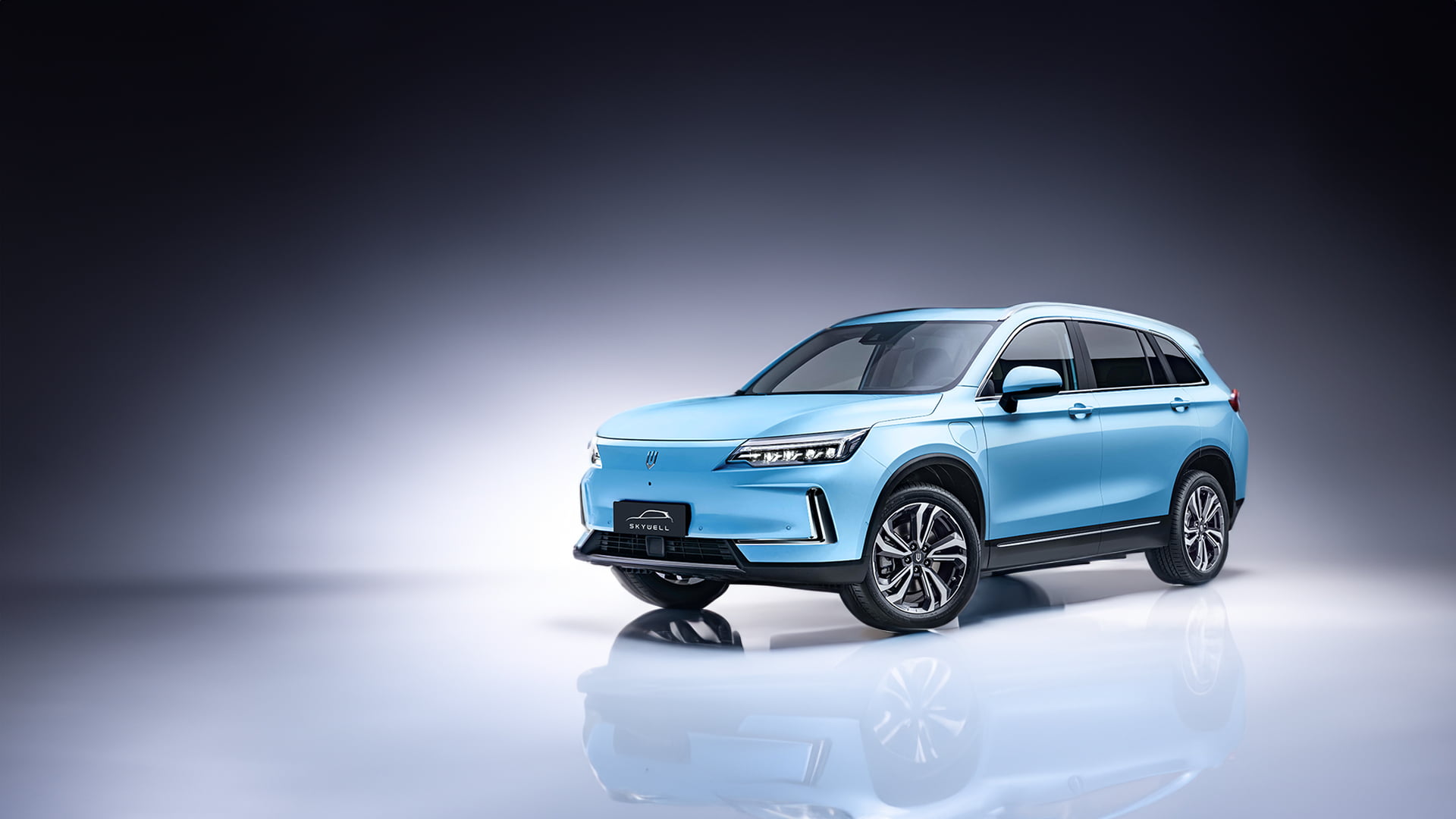Nowadays, electric vehicles are rapidly gaining popularity, and this trend is not limited to individual users. Businesses, in particular, are turning to electric utility vehicles in search of environmentally friendly, cost-effective, and efficient transportation solutions. In this article, we will provide information about electric utility vehicles: usage areas and advantages.
Usage Areas of Electric Utility Vehicles
Electric utility vehicles have a wide range of applications in various sectors. Here are the main areas where these vehicles are commonly used:
- Municipal Services: Electric vehicles are used in municipal services such as garbage collection, street cleaning, and park maintenance. These vehicles offer an environmentally friendly solution while reducing noise pollution.
- Logistics and Delivery: With the growth of the e-commerce sector, electric vans and minibuses are increasingly preferred for urban deliveries. These vehicles are ideal for short-distance deliveries and help reduce fuel costs.
- Airport and Port Services: Ground service vehicles used in airports and ports are also being replaced with electric versions. Electric vehicles enhance operational efficiency in operations such as baggage handling, passenger transport, and cargo movements.
- Industrial Areas: Forklifts and other transport equipment used in warehouses and factories are being converted to electric models. This improves indoor air quality and reduces energy costs.
- Agriculture and Construction: Electric tractors, excavators, and other equipment are being used in the agriculture and construction sectors. These vehicles provide significant advantages, especially in remote areas where fuel supply is challenging.
Advantages of Electric Utility Vehicles

Electric utility vehicles offer many advantages. Here are some of these benefits:
- Lower Operating Costs: Electric car models have lower operating costs compared to traditional fuel-powered vehicles. Electricity is cheaper than gasoline and diesel, and the maintenance costs of electric vehicles are generally lower.
- Environmentally Friendly: Electric vehicles operate with zero exhaust emissions, making them environmentally friendly. This reduces air pollution and lowers the carbon footprint.
- Quiet Operation: Electric vehicle models operate much more quietly compared to internal combustion engines. This feature is particularly advantageous in urban areas and helps reduce noise pollution.
- Energy Efficiency: Electric motors provide higher efficiency compared to internal combustion engines. This makes it possible to cover longer distances with the same amount of energy.
- Government Incentives: Many countries offer various tax reductions and financial support to encourage the use of electric vehicles. These incentives further reduce the total cost of ownership of electric vehicles.
Challenges of Transitioning to Electric Utility Vehicles
While electric utility vehicles offer many advantages, there are also some challenges in the transition process:
- High Initial Cost: Electric vehicles typically have a higher initial cost compared to traditional vehicles. However, the savings they provide in the long term can offset this cost difference.
- Charging Infrastructure: For electric vehicles to become widespread, sufficient charging stations must be available. A lack of charging infrastructure can limit the use of these vehicles.
- Battery Technology: Although the battery technology of electric vehicles is rapidly advancing, there are still some limitations in terms of range and charging time. This can be a hindrance, especially in long-distance transportation.
For other content like “Electric Utility Vehicles: Usage Areas and Advantages” you can check out our general category.
The Future Role of Electric Utility Vehicles

Electric utility vehicles will play a crucial role in sustainable transportation solutions in the future. Technological advancements and increasing environmental awareness will accelerate the adoption of these vehicles. Here are some of the roles electric utility vehicles will play in the future:
- Smart Cities: Electric cars will play an important role in smart city projects. Energy efficiency in urban transportation and services will be ensured, and air quality will be improved.
- Autonomous Vehicles: The combination of electric cars with autonomous driving technologies will revolutionize the service sector. Autonomous electric vehicles will reduce labor costs and increase efficiency, especially in logistics and delivery.
- Renewable Energy Integration: Electric vehicles will contribute to making energy systems more sustainable by integrating with renewable energy sources. Electric vehicles charged with sources such as solar and wind energy will minimize carbon emissions.
Electric utility vehicles stand out among the transportation solutions of the future with their environmental and economic advantages. These vehicles, which have a wide range of applications from municipalities to logistics companies, from industrial enterprises to the agricultural sector, represent an important step towards a sustainable future. With technological progress and the development of charging infrastructure, the adoption of electric utility vehicles will accelerate, providing great benefits to both the environment and businesses. Transitioning to electric utility vehicles is not just a trend but also a long-term investment and an environmental responsibility.
You might be interested in:
Do Electric Vehicles Have Catalytic Converters?
Do Electric Vehicles Have Engine Oil?
Performance and Driving Experience in Electric Cars

